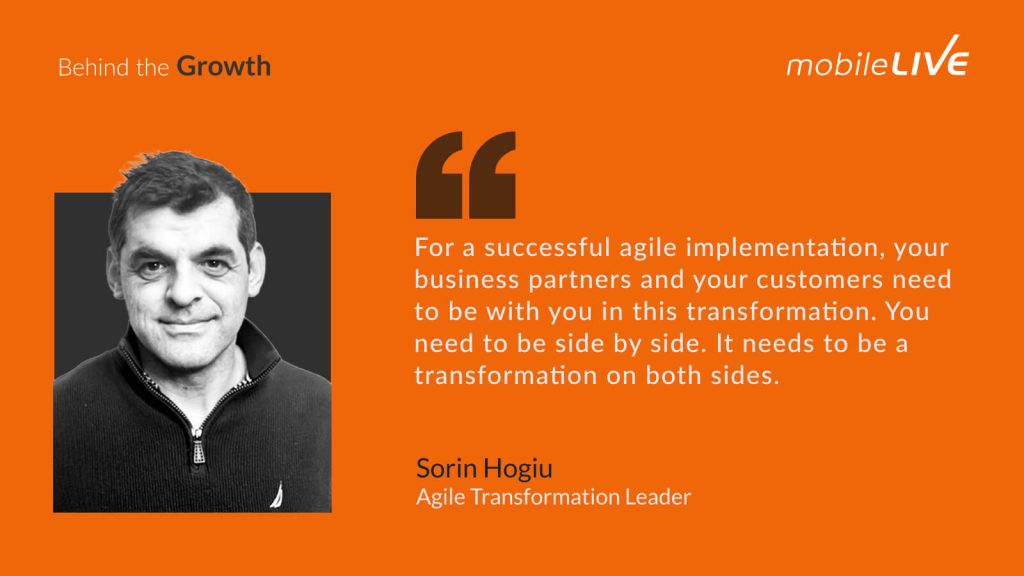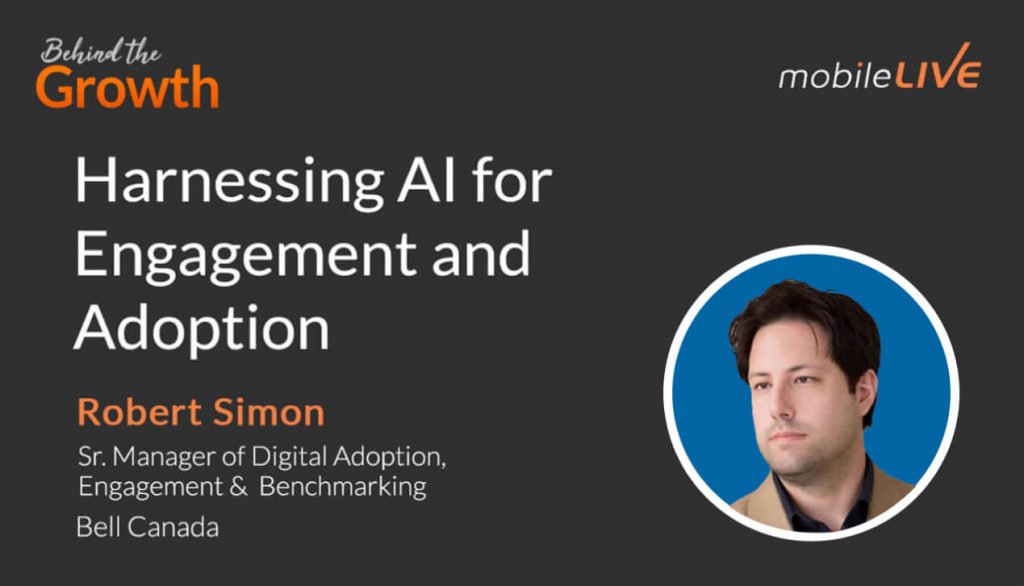Key Insights
Journey Across Borders
Sorin Hogiu’s professional trajectory is a testament to adaptability and growth. Starting in Romania with a foundation in networking and software development, he expanded his horizons by working in Germany and eventually settling in Canada. His roles have varied, from a software developer to a consultant, and his experiences have culminated in his current position at RBC. This journey underscores the value of diverse experiences and the ability to adapt to different work cultures and environments.
The Essence of Agile Transformation
Sorin offers a deep dive into what Agile transformation truly means. It’s not just about iterative software development; it’s a shift in organizational culture. Agile emphasizes empowering individuals, fostering a bottom-up decision-making structure, and prioritizing close collaboration with customers. The approach is about being responsive to change, ensuring that feedback is rapidly integrated, and delivering value incrementally.
Team Dynamics in Agile
The success of Agile methodologies isn’t just about the process; it’s about the people. Sorin highlights the importance of team composition, noting that a mix of seniority levels can often be more effective than a team composed solely of senior members. Experimentation is key, and teams need to find the right balance that works for them. Additionally, integrating fun and ensuring team members connect outside of work tasks can foster a more productive and innovative environment.

Episode Highlights
The Power of Team Dynamics and Experimentation
Sorin discusses the importance of team dynamics in Agile transformation. He shares experiences from RBC, where different team structures were experimented with. A mix of senior, intermediate, and junior developers proved to be more dynamic and effective than a team of only senior members. The key takeaway is the need for experimentation to find what works best for an organization.
“We’ve tried something similar with a different team, but we said, okay, this problem is very complex. So we need to build a more senior team that actually has this idea of how to implement software, how to build software, very intrinsic in their, in their mind. And we build a team with only senior people. It actually proved that this team wasn’t as successful as the other one.”
The Role of Fun in Team Building
Sorin emphasizes the importance of integrating fun into the work culture. While formal meetings like sprint reviews are essential, informal bonding sessions, like going out for drinks, play a crucial role in team cohesion and productivity.
“You need to bring the people out. You need to bring the people to some events. We’ve done that in various companies. Of course, going for a drink on Thursday.”
Scaling Agile in Large Financial Institutions
Sorin reflects on the challenges and rewards of scaling Agile in a large financial institution like RBC. He expresses his surprise and satisfaction at how readily RBC embraced Agile. From starting with two vertical journeys focused on the client, they scaled to 25, leveraging the experiences and blueprints of previous teams.
“I was really surprised to see that an organization like RBC was ready for that change, and really happy to see that Agile was embraced the way it should have been.”
The Hybrid Work Model’s Efficiency
Sorin discusses the efficiency of the hybrid work model, emphasizing the value of both in-office and remote work. While in-office interactions can lead to instant solutions, remote work allows developers to focus without interruptions. The balance of both approaches is deemed optimal for the future.
“Bringing the people together into an office, working around the whiteboard, solutioning around the whiteboard, it’s very efficient. I feel that this hybrid mode, it’s actually the best way going forward.”







